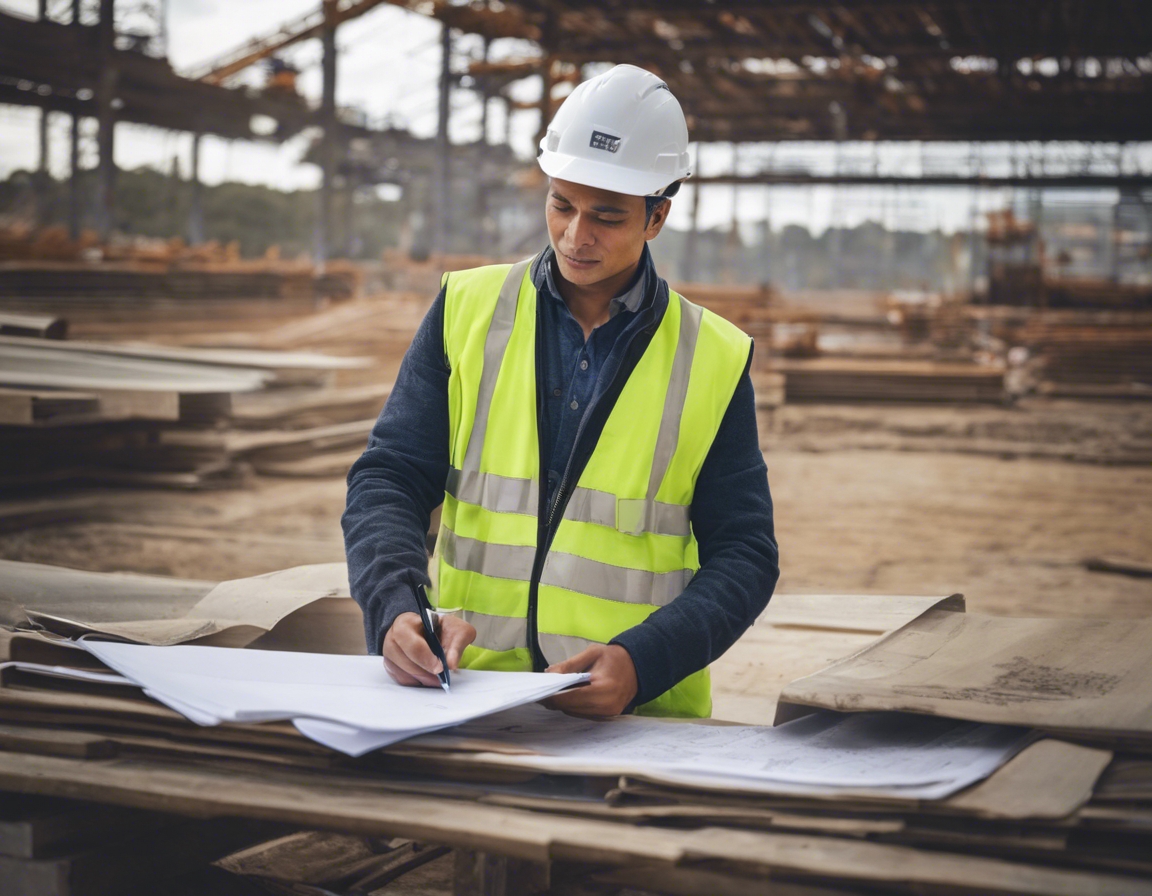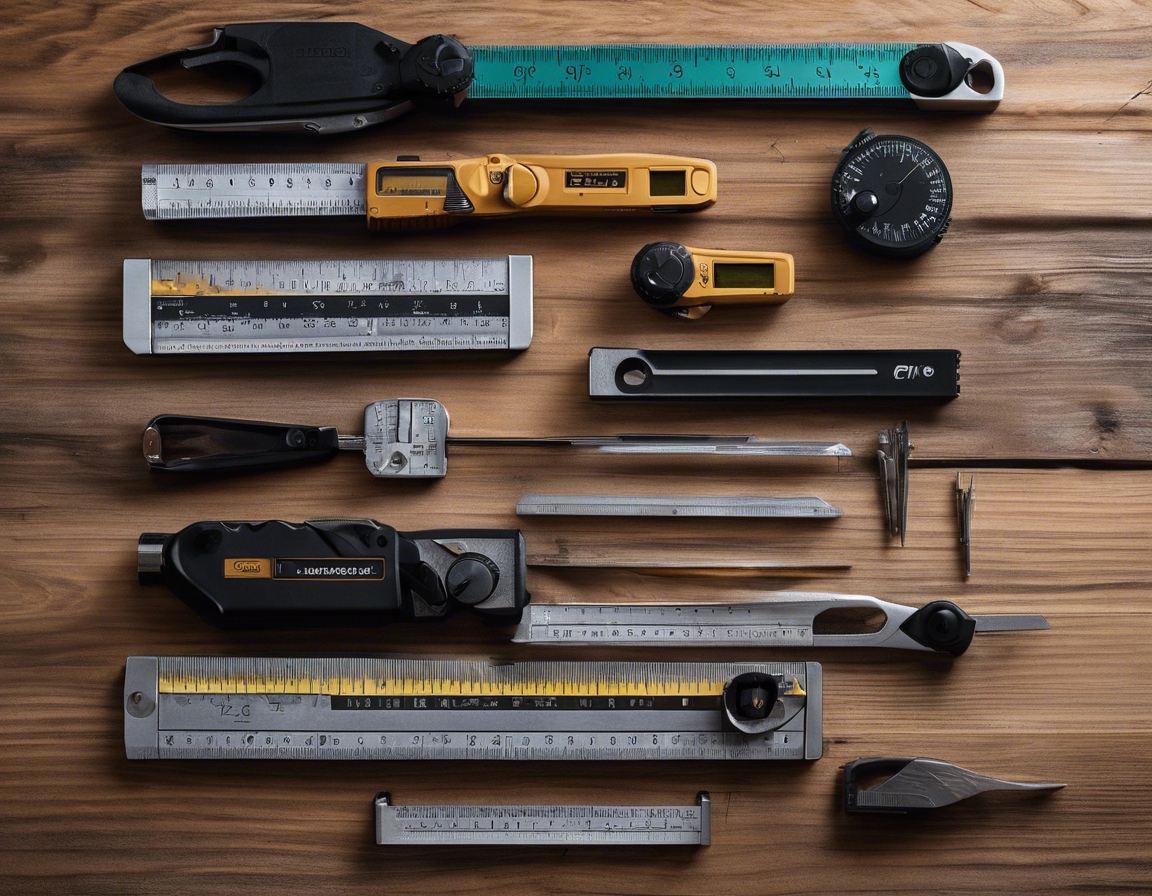5 ways energy audits can save you money
An energy audit is a thorough examination of a building's energy use, aiming to identify opportunities to enhance energy efficiency and reduce energy-related costs. It involves analyzing energy flows for energy conservation in a building, a process, or a system to reduce the amount of energy input into the system without negatively affecting the output.
Energy efficiency is not just about saving the planet; it's also about saving money. By reducing energy waste, property owners can significantly lower their utility bills, enhance the comfort of their buildings, and contribute to a more sustainable environment.
1. Identifying Inefficiencies and Energy Leaks
Thermal imaging is a key tool used during energy audits to visually identify areas where energy is being lost. It can detect poorly insulated areas, thermal bridges, and hidden leaks that are not visible to the naked eye.
Early detection of energy leaks can prevent more significant issues down the line, such as mold growth and structural damage, while also providing immediate savings on energy bills.
2. Optimizing Heating, Ventilation, and Air Conditioning (HVAC) Systems
During an energy audit, HVAC systems are closely examined to ensure they are operating efficiently. This includes checking for leaks in ductwork, assessing the performance of the heating and cooling units, and evaluating the overall system design.
Improvements to HVAC systems can lead to significant energy savings. This may involve cleaning or replacing filters, sealing ductwork, or upgrading to more energy-efficient models.
3. Enhancing Insulation and Building Envelope
Proper insulation is critical for maintaining a comfortable indoor climate and reducing heating and cooling costs. An energy audit will assess the current insulation levels and recommend areas for improvement.
Enhancing insulation and the building envelope can lead to substantial cost savings by maintaining a more consistent indoor temperature and reducing the strain on HVAC systems.
4. Upgrading to Energy-Efficient Lighting and Appliances
Energy audits often reveal that lighting and appliances are significant energy consumers. Upgrading to energy-efficient options can reduce energy consumption and costs.
While the initial investment in energy-efficient lighting and appliances may be higher, the long-term savings on energy bills can be substantial, making it a wise financial decision.
5. Developing a Customized Energy Management Plan
Every building is unique, and a one-size-fits-all approach to energy management doesn't work. A customized energy management plan developed from an energy audit can address specific needs and goals, leading to more effective energy savings.
Energy management is an ongoing process. Regular monitoring and adjustments ensure that energy-saving measures continue to be effective and adapt to any changes in the building's use or occupancy.







![[breadcrumb]
The post Ehitusfüüsik: pika plaanita jääb riik küttearveid lõputult kinni maksma appeared first on Termopilt.](https://www.seb.ee/sites/default/files/styles/image_default/public/images/infohub/G0051899.JPG?itok=BrdDKLwc)
Comments (0)